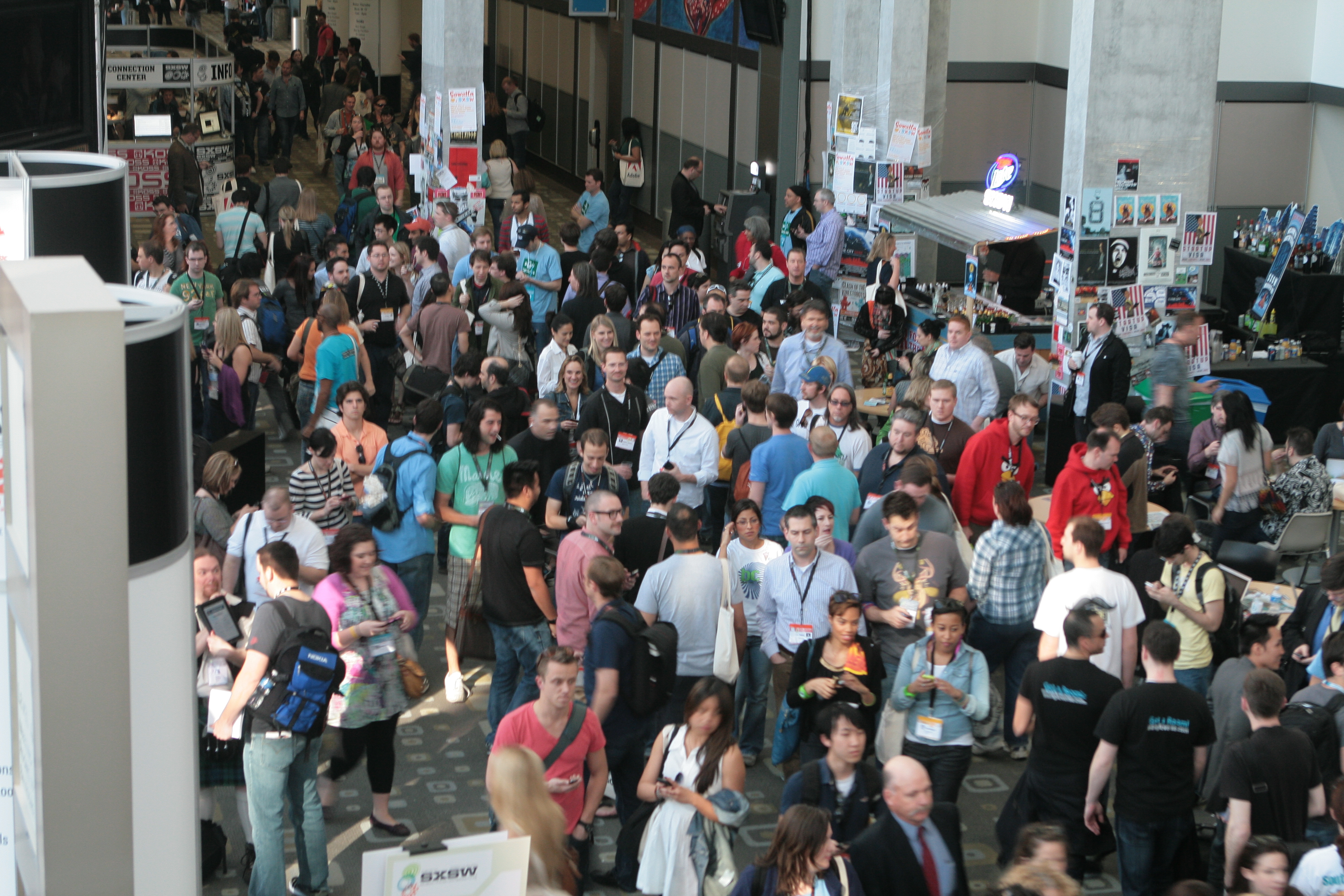Influencers Who Inspire: Interview with Jon Swartz of USA TODAY
Photo courtesy of USA Today
In a special edition of our “Influencers Who Inspire” series, we’re chatting with award-winning technology journalist, author and avid San Francisco Giants fan, Jon Swartz. Jon shares his thoughts on smart phones and peer pressure, guerrilla marketing tactics that actually work and how reporting compares to baseball.
We read your article on BlackBerry’s Z10 launch and their plans for a comeback; so tell us, what is your ‘go to’ mobile device?
I used a BlackBerry up until two years ago when the trackball wasn’t working as well as it should. At the time, I faced some peer pressure from my colleagues in the Valley to get an iPhone. There used to be a lot of iPhone bias in Silicon Valley, but it has gone away now for the most part. More people are using Androids, and I would certainly consider a move to a BlackBerry or Android from the iPhone. I can live without the iPhone. I find the battery life is awful, and I have to have a charger with me at all times. As a result, more restaurants and bars have charging stations (at SXSW we saw this all over the place).
You know, BlackBerry CEO (Thorsten Heins) is right; he calls the iPhone passé and says they (BlackBerry) have the same problem that Apple did. “We need to earn our laurels back.” It’s true because in tech things become old fast; the shelf life of these things aren’t very long now. Apple has traditionally done a great job of that, making the old version obsolete as they quickly move on to the next thing. So it’s no surprise others are following suit here.
We know you are huge San Francisco Giants fan. How did your obsession with baseball begin?
When I was six I went to my first game. I also got to see Willie Mays play when I was a kid, so that got me hooked for life. I also loved playing the sport. You become infatuated with it, and it never loses you. Baseball also has a long season, and it takes a lot of patience. It’s a lot like reading a novel. It’s not like other sports where the season is more like a quick sprint. The upside is that you can go to a game and actually explain what’s happening. You can also count on always seeing something different. I have probably been to more than 1000 games, and there is always something new to explain or something you haven’t seen happen before.
Baseball is a half-year long, and it changes with the seasons. In spring there is so much optimism, and then comes the summer when things really heat up. In the fall when things wither away, it gets dark and cold and with it comes a sense of desperation when the season ends. That is the beauty of the game. It’s very logical to me and different to other sports in that you can’t run out the clock. You HAVE to finish the game. No matter how well you played and how many runs you are up by, you have to FINISH.
Are there any lessons from baseball that can be applied to business?
Yes, I would never assume anything about anything. Baseball teaches you that you can’t assume something is over until it’s over. Like in 2002 (World Series game) when the Giants had a five-run lead over the Angels with only eight outs left. They had to keep playing until the end and ended up losing the game.
It sounds a little corny but in baseball it’s a different sport. It’s hard to excel if you have to prove it every day. That’s the same as being a reporter; you have to prove yourself daily, but when it’s over it’s over. With so much content and so many articles, today the shelf life for stories is too short. You finish a great story and you are proud of it for about 20 minutes before you have to do something else. You have to move on.
We are all constantly inundated and bombarded with news from all different sources. So every day you have to reinvent yourself to always do more. It’s like Freddy Lynn (MVP and Rookie of the Year) – he came out of nowhere like a comet. But then pitchers found his weaknesses. Unless you can adapt and reinvent yourself every day, you will hit a rut. BlackBerry went through it, and Apple went through it, too. In tech it happens all the time.
Speaking of re-inventing, with the most powerful images getting clicks in social media today, do you find yourself framing your stories differently with visuals or video in mind now?
I do think more about storytelling and how to interest the reader, but rather than visuals, it’s more about the people and the stories. It is necessary to think that way, though, and I am trying to do more of it.
How has your job changed in the last six months?
It’s crazy. In addition to reporting, I oversee all tech coverage in the paper. So I edit and manage people, too. While I’m talking to you I’m editing a story. It’s actually a story on baseball, and it’s coming out next week. There is no shortage of data in baseball, but trying to figure out which data to use and how to use it is the challenge. Just like in reporting, in baseball they too are struggling with deciding how much time to give to data. I have ton of notes but the bigger problem is what parts to use in the story. People ask all the time, “Why you didn’t include us or mention us?” There is only so much you can do given bandwidth and the amount of content to sift through. I write for people who are on the go and always busy, and you have to find a way to keep your story succinct.
Would you tell a student today to go into journalism?
I would say if you are a good writer you can work anywhere, as everyone wants content today. It is so important to have good writers. Smart companies like Salesforce and Mark Benioff understand you need to tell stories to get your customers to want to buy your products.
Has working with PR people changed?
Not really; I have been working with the same people for the last 10 years or so, and pretty much the same good ones. I always work with a core group of 50 of them that I seem to always interact with. It is like cultivating any relationship you built it over time.
What kind of (PR) people do you like to work with?
They should know their company well. Most people I work with have been there a long time. I like working with internal people who can get you what you need faster. They are usually more responsive. I work with a lot of good people. People at Google, Facebook, Twitter, Apple; they are all on top of things and respond. Apple is much more responsive, and Yahoo is getting that way, too. They don’t have a choice anymore. Everyone used to have to wait to go to Apple, but now they have to cooperate with us and be responsive.
What was the nicest/most memorable thing someone has done for you?
I have so many stories of people doing something for me in my personal life. But in work life, I would say the most memorable “nice” things people do for me and/or others are services like the airport limos at SXSW and the SXSW survival bag. There was a company called Tagged that provided airport limos to drive us from the airport to town at SXSW. That was nice, convenient and smart.
If you had to cook one meal what would it be?
Pasta. Everyone likes and agrees on it in our family. Jackie is Italian, and pasta is the one thing that I would get no argument on.
What do you do when you’re not working, or at a baseball game?
We have four kids ages 12-25, so it’s a full house, and we are always going from one event to another with them so that means not a lot of free time. We do like to travel a lot to different places and really enjoy our time away.
What’s your favorite part of your job?
Writing cover stories and features I can spend time on. It’s rewarding to do something that no one else is doing. Feature writing is a little different than what everyone else is doing. You always remember your great feature stories. They include more original thinking and have a long-term impact on things to come. They give you something to be proud of.


 There may be some debate over whether or not
There may be some debate over whether or not 

